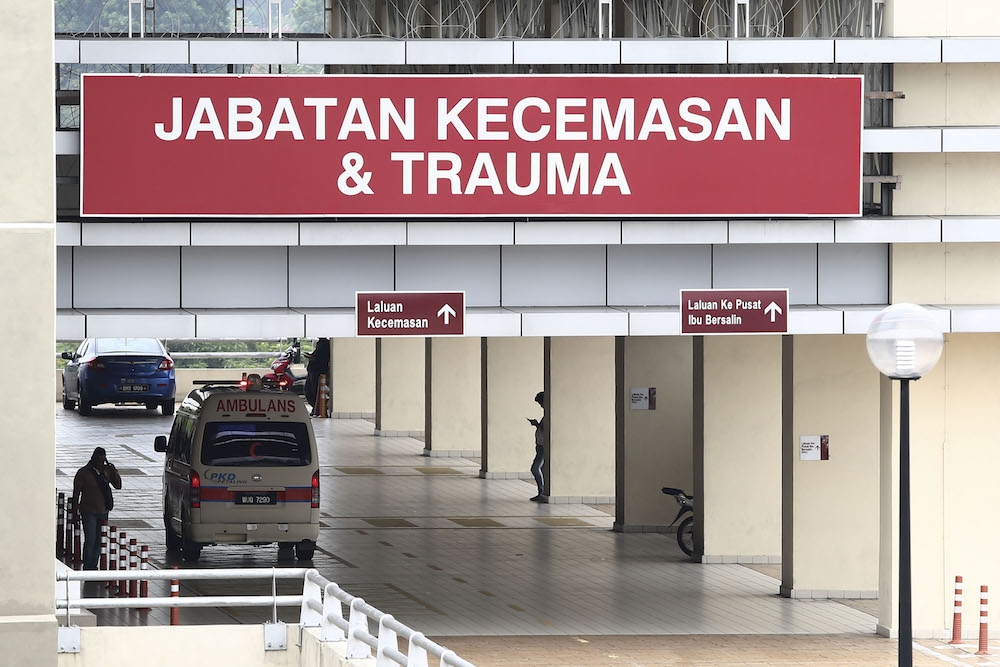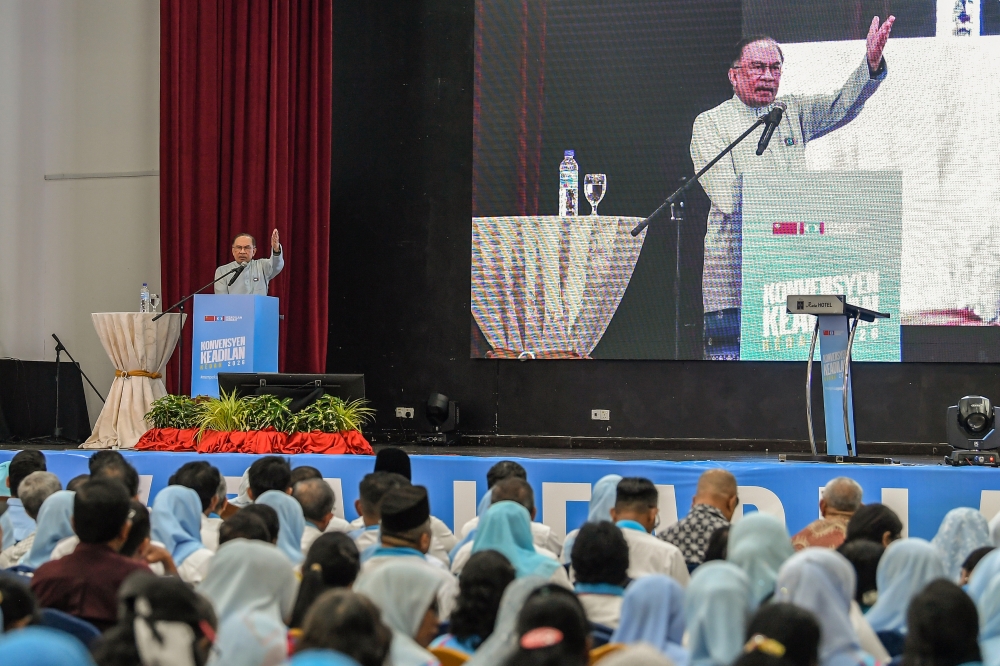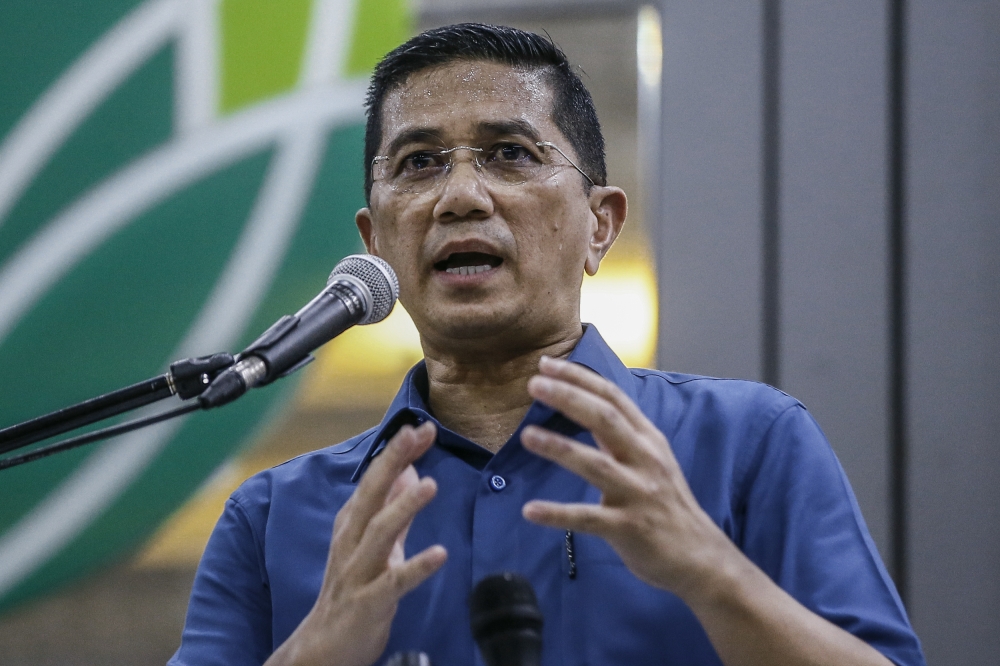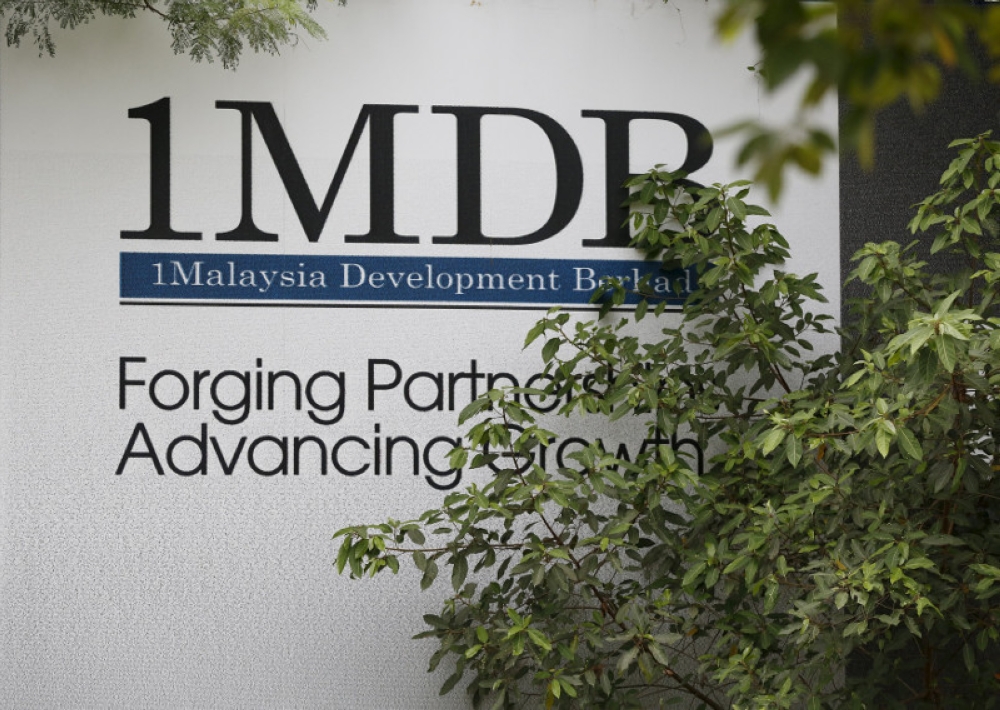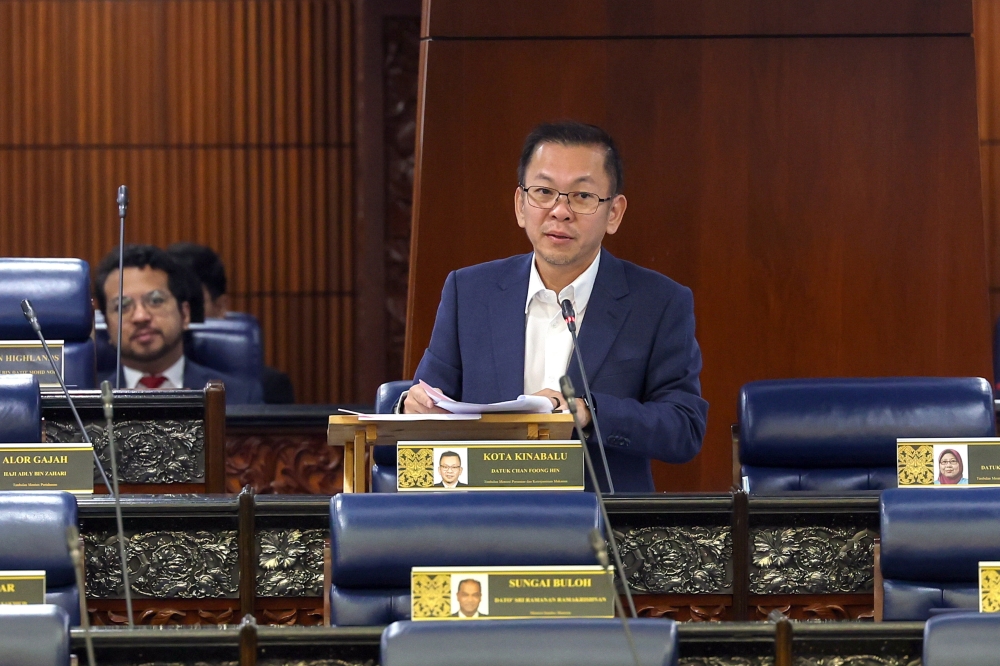AUGUST 13 — On August 7,2020, the government of the Perikatan Nasional (PN) presented a Temporary Measures for Government Financing (Coronavirus Disease 2019) 2020, in Dewan Rakyat for first reading. It was a government move to manage the impact of Covid-19 pandemic on the well-being of Malaysia and its rakyat.
The bill will raise the statutory ceiling of debt from 55 per cent of Gross Domestic Product (GDP) to 60 per cent. This is necessary to enable the government to spend more to increase the country's economic growth rate to meet the challenge of the “new normal.”
It also aims to approve the allocation that has been spent by the government through Bantuan Prihatin Nasional (PRIHATIN) and Pelan Jana Semula Ekonomi Negara (PENJANA) when the Movement Control Order (MCO) was implemented.
Although the bill is a step forward, it does not give a clear picture on the role of parliament to handle government accountability during the Covid-19 pandemic.
The broad powers of the finance minister
However, the Covid-19 bill still gives so much power to the minister. Subsection 5 (2) (a) empowers the Minister of Finance to suspend and limit the provisions in the bill schedule and economic stimulus package. Meanwhile, Subsection 5 (2) (b) allows the finance minister to use the surplus allocation for a program at his prerogative.
This will open the door to a possible mismanagement and leakage during the collapse of Covid-19. Issues such as the technical problems of moratorium announcements and subsidy assistance that was delayed during the previous movement control order (MCO) show that government policies need to be reviewed more seriously.
Parliament can play an important role in reviewing the transparency of governance and balancing the powers of the finance minister as contained in this Bill. The function of the Select Committee of the Dewan Rakyat is important to ensure that the government is responsible and effective in implementing its policies during Covid-19.
In New Zealand, its parliament has set up an “Epidemic Response Committee” which has the authority to monitor government action during pandemic under the Covid-19 Response (Urgent Management Measures) Act 2020. The committee consists of New Zealand MPs from various political parties.
Therefore, it is very appropriate for the government to emphasise the role of parliament as a check and balance institution in this current Bill. Select Committees in the Dewan Rakyat can be used to scrutinise government decisions in addressing economic issues and Covid-19 impact towards a more accountable approach.
Government-parliament cooperation
We have already seen the frustration of the people and opposition MPs alike when the government refused to convene an emergency parliamentary session to debate Covid-19 issues.
The government's reason that parliament will “delay” the people's assistance is an irresponsible statement and it needs to reconsider the basic premise of parliamentary function to convene during Covid-19. The government should not repeat these mistakes.
It would be better if the government included a section allowing parliament to convene virtually during Covid-19 in this Bill. This proposal is to enable MPs to continue monitoring and bring the rakyat’s issues to the attention of the government so that it can be improved in the policy-making process.
The parliament should serve as an institution to discuss, scrutinize and approve standard operating procedures (SOPs) issued by the government or the National Security Council, so that there are no technical problems that might cause confusion among the rakyat.
To overcome this problem, it is more significant if the SOP when Covid-19 was brought for parliamentary scrutiny so that technical issues can be resolved well and not caused anxiety among people.
This was practised by the United Kingdom (UK) parliament when every SOP on Covid-19 preventive measures by the government were reviewed and approved by the parliament before they are implemented.
Throughout the last MCO, we have seen Malaysia successfully control the Covid-19 pandemic with excellence and recognition by the world.
However, the era of “government-knows-it-all” is no longer relevant as various aspects of views and suggestions from MPs and the people need to be heard by the government today so that this crisis can be managed effectively.
Thus, the parliament’s role should be strengthened and be part of the policy-making process at these trying times.
* Fakhrurrazi Rashid is coordinator of research at Research for Social Advancement (Tambakan).
** This is the personal opinion of the writer(s) or organisation(s) and does not necessarily represent the views of Malay Mail.









